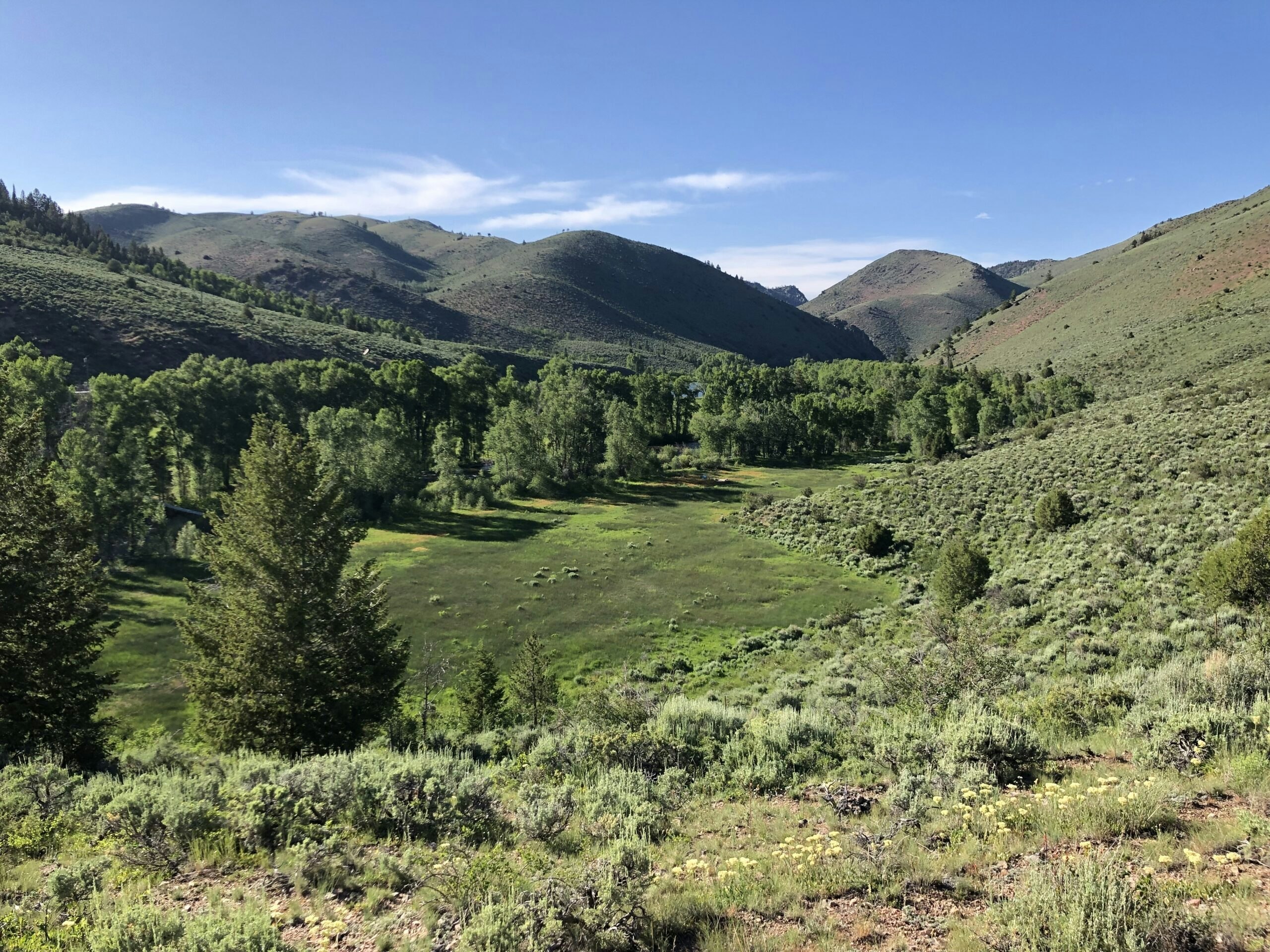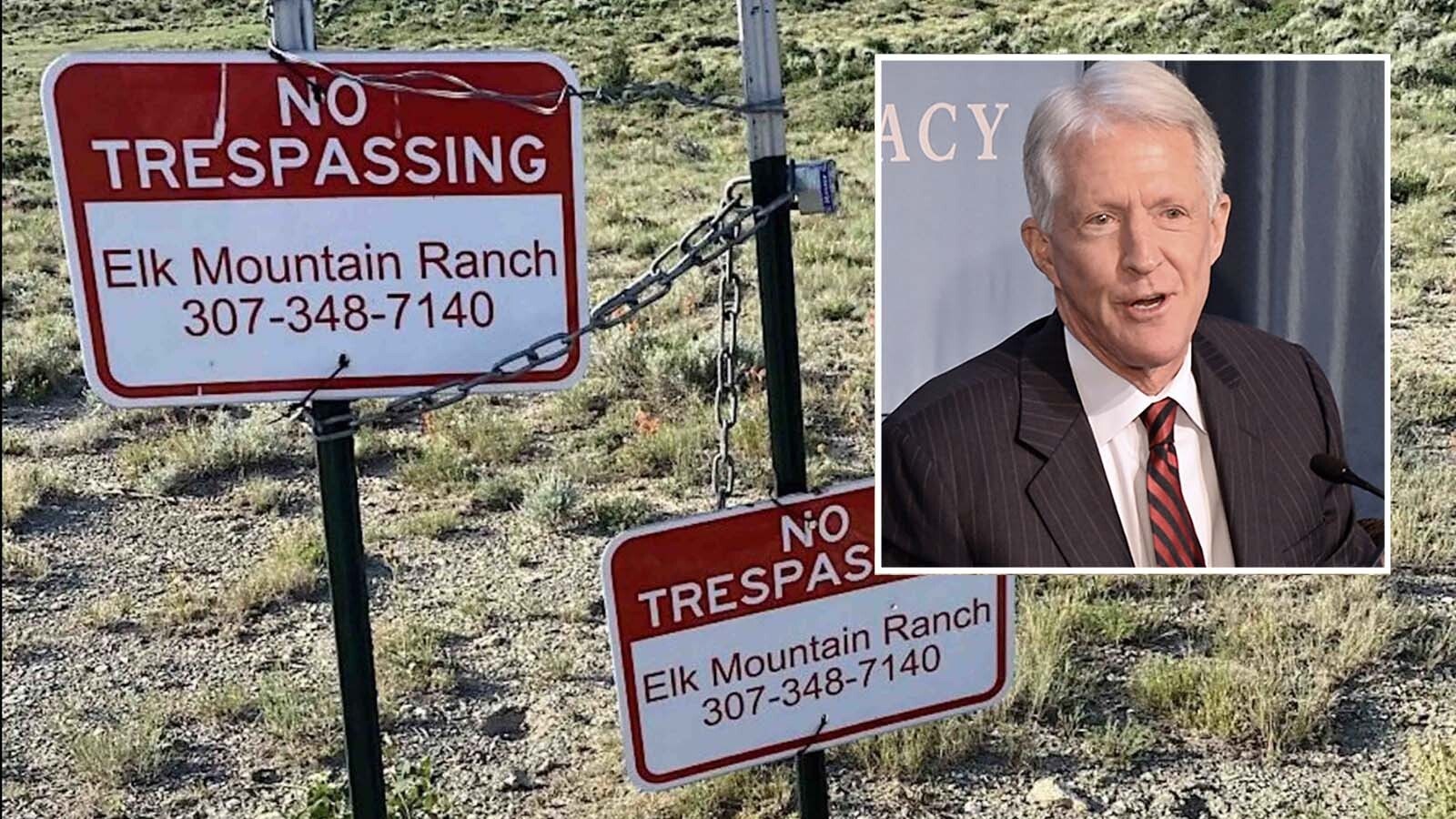The transfer of federal lands to Western states, once championed by President Donald Trump’s Bureau of Land Management acting director, would be a challenge as tall as Gannett Peak, say natural resource experts who have looked at the issue.
Cheyenne native William Perry Pendley, who earned his law degree from the University of Wyoming and once worked for U.S. Sen. Cliff Hansen, has represented ranchers and others in lawsuits against the federal government’s land and water policies. He’s argued that the federal government needs to transfer its lands to the states — a position he’s recently walked back as he serves the Trump as the helm of the BLM.
Regardless of where he stands, an act of Congress or a lawsuit would precipitate a land transfer, experts say.
Act of Congress
Drumming up support in Congress for a land transfer law would be difficult, said Shannon Anderson, an attorney for the Powder River Basin Resource Council, a Wyoming group that opposes transfer.
Roughly half the revenue from federal mineral production goes to the U.S. Treasury. Saying goodbye to the revenue would be a tough sell for many members of Congress.
“Look at the Midwest – Michigan and Minnesota,” she said. “They say to come to Wyoming to go hunting…. There would be constituent backlash to that kind of idea. People see these lands as a shared national treasure.”
Anderson believes the end goal for the land transfer movement is selling the lands the private landowners, but people who support the movement dispute that conclusion.
Derek Monson, vice president of policy at the Utah-based Sutherland Institute, a conservative think tank, doesn’t agree that members of Congress from outside the West want the federal government to hold onto the public lands. They’d be interested in disposing the lands if they studied the cost of fighting wildfires and other projects, he said.
The group considers the transfer of public lands just one option to solving perceived problems with public land management.
However, during the first two years of the Trump administration, both the U.S. House and Senate were under Republican control, and no privatization bill passed, he noted.
Lawsuits
If Congress fails to act, states or individuals could always try litigation. The problem with a state-initiated lawsuit – at least with Trump as president – is the risk of alienating the administration, Monson said.
“If a court rules it has to be done, what does it mean?” Monson asked. “Does the federal government dump it on the states, all at once?”
Utah has spent over $1 million in legal analysis and public relations associated with a potential lawsuit, but the state’s attorney general hasn’t yet filed a complaint.
State Rep. David Miller, R-Riverton, a proponent of land transfer, is watching Wyoming’s westerly neighbor.
“Utah is the lead on this,” he said. “If they get traction, maybe other states will join.”
Has the movement died down?
During the President Barack Obama years, the Wyoming Legislature discussed federal land transfer, and even paid a consulting company $75,000 to look at the issue.
Since then, there’s been less talk. Anderson believes it’s because environmental regulations have relaxed.
“They have the Trump administration in their corner, rewriting the rules,” she said.
Miller, however, said that proponents of land transfer lost the public relations battle in Wyoming, since sportsmen groups and their mostly Republican members were among the most vocal against it.
“The outdoor people got into the hands of keeping the lands in the swamp,” Miller said. “It makes no sense to me but the PR people did a good job.”





